Is there any way to mark a magic property as deprecated? Consider following, simplified code:
/**
* Example class
*
* @property string $foo A foo variable.
*/
class Example {
/**
* Magic getter
*/
public function __get($var) {
if('foo' === $var) {
// do & return something
}
}
}
Now, how to indicate other developers, that they should not use Example::$foo anymore? The only working solution that comes to my mind is:
/**
* Example class
*/
class Example {
/**
* A foo variable.
*
* @var string
* @deprecated
*/
public $foo;
/**
* Magic getter
*/
public function __get($var) {
if('foo' === $var) {
// do & return something
}
}
}
But this both breaks my code (getter is not called) and doesn't feel very elegant.
